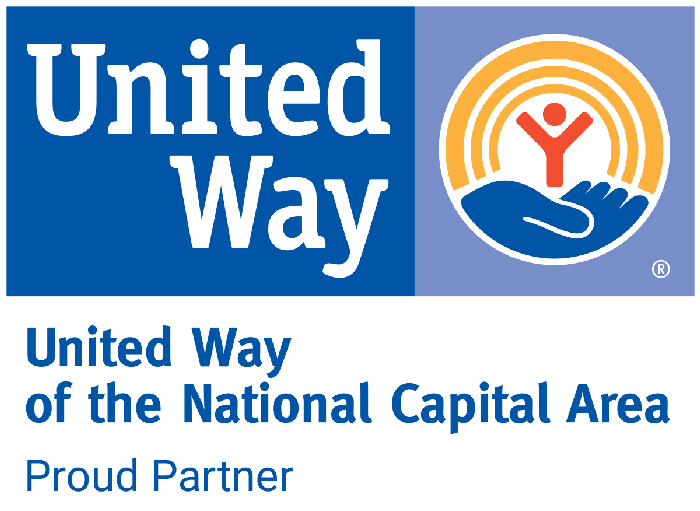The people who harm or exploit elders are generally the ones they trust and love.

If you’re an elderly person and are reading this, take a deep breath before you rise in outrage. While there are elders who are cherished and cared for by families and caregivers, this fact cannot be denied: 1 in 10 older adults in the US face some form of abuse. Commonly by a person who is close to the victim and enjoys trust.
It is also true that elder victims hesitate to comprehend the abuse, acknowledge it, or complain about it, for many situational reasons.
Awareness and alertness about elder abuse
Family circumstances can be complex, particularly when many generations stay under one roof. South Asian elders are often dependent on the younger generation for some kind of facilitation. The household’s economic stress, work schedules, inter-generational tussles, domestic work overload, can put elders in a bind. With their profound sense of family loyalty, elders can be manipulated into doling out their savings, transferring assets, doing domestic chores beyond physical capacity, keeping quiet in the face of medical and dietary neglect, social isolation, and even while suffering physical assault. In addition to the South Asian thinking “you don’t want family secrets out”, there is another emotional conflict in play. In the words of a victim of elder abuse: “You can still love someone while you hate what they do to you.”
There can be many, many cover-ups to the abuse and suffering. But close observation and sensitive interaction over a period of time by concerned individuals can reveal the real story.
Helping to overcome the embarrassment, shame, humiliation
Elder abuse can be financial, physical, mental, sexual, and harm caused through neglect. Survivors often talk about the acute shame and embarrassment they experienced in seeking help. “How could I let this happen to me?” is the overwhelming emotion.
After having lived sixty years or more, it is humiliating to publicly acknowledge betrayal by a family you nurtured. Or by someone you considered a friend. Or by a trusted caregiver. Admission of weakness of judgment and vulnerability can be a huge blow to self-esteem and pride. The person’s will to recover from trauma and lead a life of dignity has to be gently supported.
Predators at large. And the trust dilemma.
Senior years are known to bring changes in mindsets. Some elders turn overly suspicious but most tend to look at the world with greater generosity, trust and concern. Predators understand this well and know how to target elders, stoke trust and then exploit it.
There’s nothing wrong in talking to a stranger, particularly when one is feeling lonely and blue. But elders need to stay totally alert, withhold personal information, and be guarded about permitting unknown persons into their homes and lives without a thorough check.
What we need to say: “Take heart, you are not alone!”
We can do a LOT to keep elder abuse at bay.
In most cases, abuse takes place when the victim is physically or psychologically isolated by the abuser from other people and cut off from support. South Asian elders in particular can find it even harder to break away. They may lack independent mobility, be culturally uncomfortable, denied access to resources, be disconnected from familiar support systems such as family and faith centers.
The solution is to connect, and stay connected. Draw seniors you know into the community. Create support networks they can relate to and reach out to in times of need.
Ashiyanaa’s SENIOR PROGRAM and initiatives are aiming to achieve all this, but we have a long way to go. If you know an elderly South Asian in need of help, please do not hesitate to tell us. We will find a discreet way to assess the situation, and find a way ahead, all this in total confidentiality, without disclosing your identity.
Call our Helpline 1-888-417-2742 and leave a message. Our experienced client services coordinator will get back to you within 1 business day. You can also email us here: https://ashiyanaa.org/get-help/
Read about our Senior Services: https://ashiyanaa.org/programs/senior-services/ In case of an emergency, call 911 immediately.
References
https://www.cdc.gov/violenceprevention/elderabuse/fastfact.html
https://www.nia.nih.gov/health/elder-abuse
Survivor videos: https://www.ncall.us/resources/video-library/lifting-up-voices/


![🎟️ Tickets are now live!
Be part of something meaningful on March 22, 2026, at Ashiyanaa’s Journeys of Courage Fundraising Gala. Experience a powerful night of strength, hope, and transformation. Get your tickets now and stand with us for change. 🦋
🌐 https://paybee.io/quickpay.html?handle=ashiyanaa
[Journeys Of Courage, Ashiyanaa, Fundraising Gala, Save The Date, Empowerment, Community Event, Charity Event, Nonprofit, Survivors Support, Gala 2026, Hyatt Regency Reston]](https://ashiyanaa.org/wp-content/plugins/instagram-feed/img/placeholder.png)


